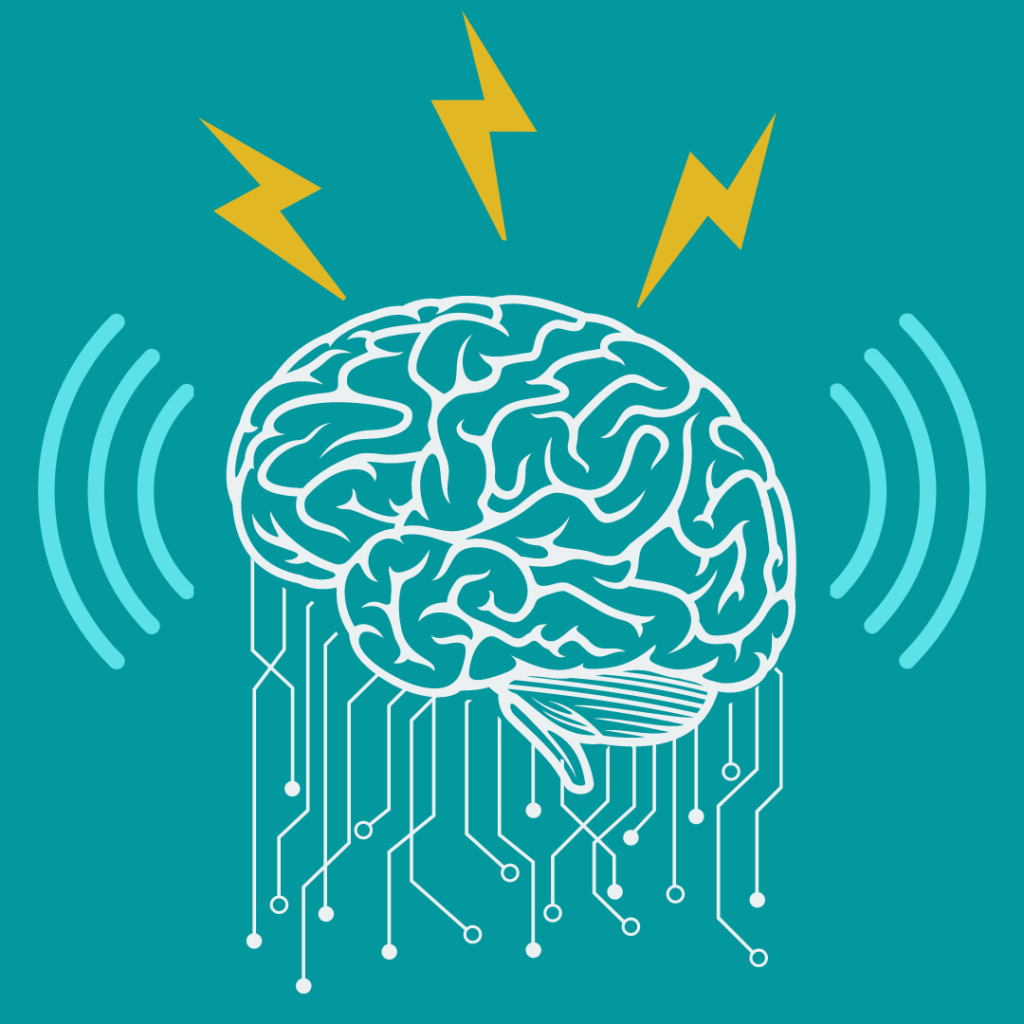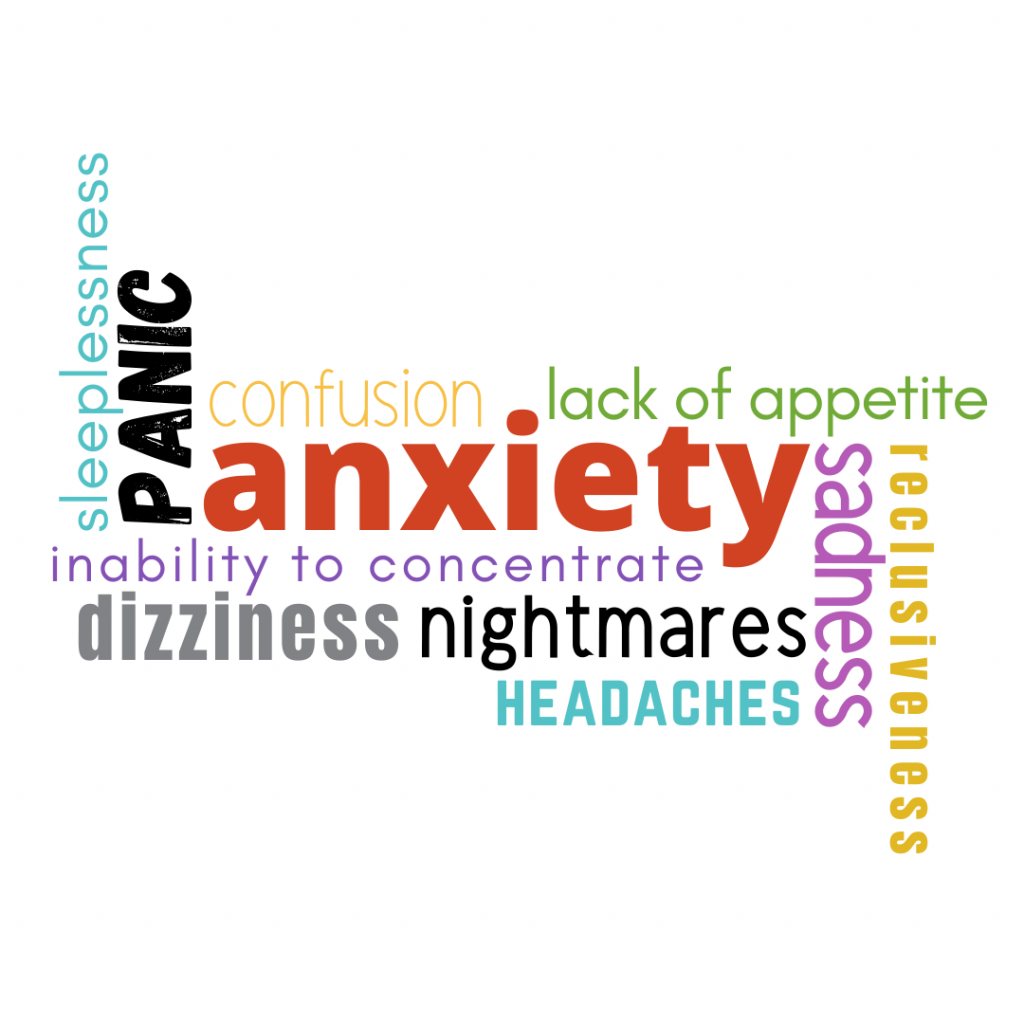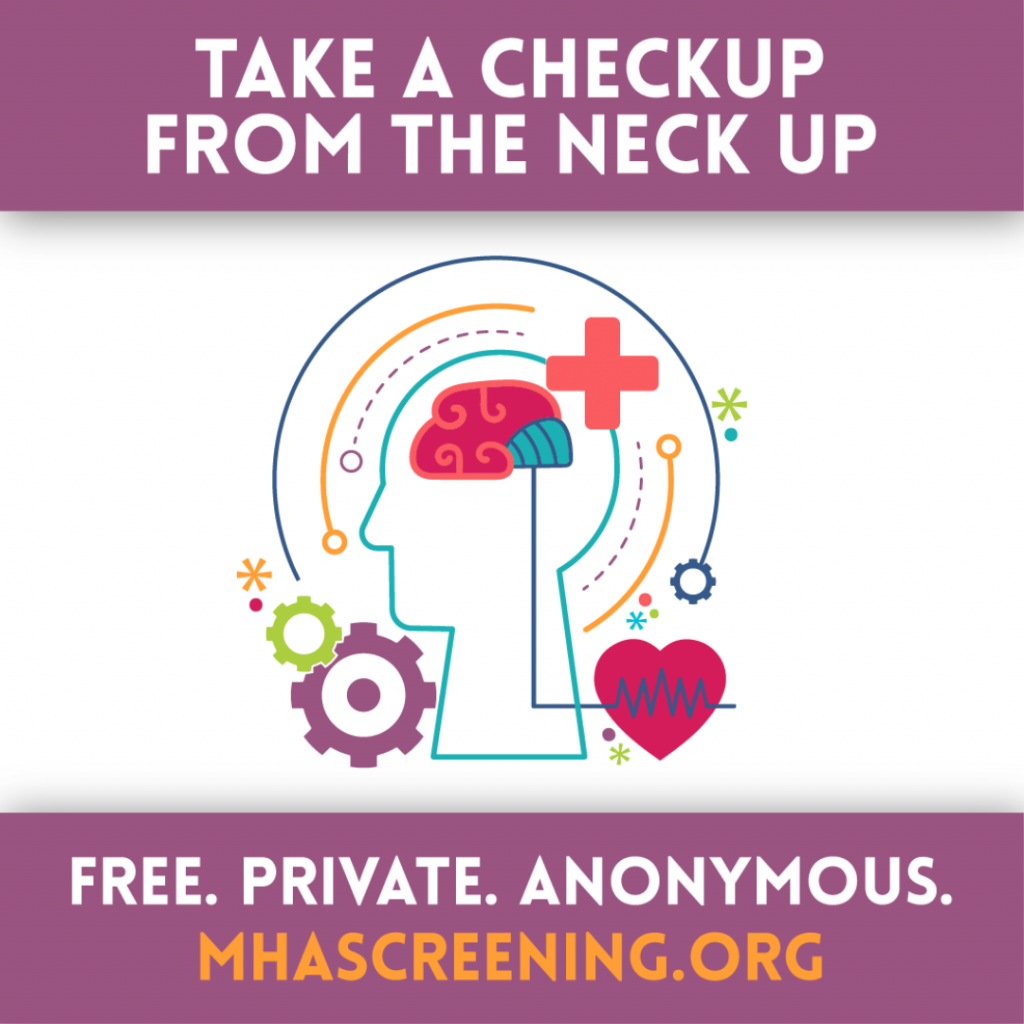Pursuing mental health is quite a bit different than developing physical health, and it may be even more important.
The human brain is responsible for millions of tasks every day, the primary goal being survival. Due to its focus on staying alive, the brain is constantly scanning, predicting, and reacting to the environment.

The body is constantly under the brain’s supervision and direction; it serves under the authority of the brain. As the brain sends signals and releases certain chemicals, the body responds as directed. Chemicals flood the body to coordinate functions in response to what the brain perceives is needed for survival.
When our thoughts are pleasant and our environment is calm, the brain sends signals that guide the body to secrete chemicals like dopamine, serotonin, and oxytocin. These chemicals create a sense of pleasure, relaxation, and well-being.
However, when the brain is under stress and managing danger or pain, it directs the body to release very different chemicals. This chemical cocktail will include adrenaline and cortisol along with other hormones in preparation to fight or flee. This is for our protection but can also create some negative impacts.
The chemicals released under stress can create a sense of anxiety, insecurity, or even dread.
In these moments, you will likely be motivated to try and control the situation or escape it. These responses may be logical and rational but can also be impulsive and irrational.
The level and amount of these chemicals will depend on the brain’s perception of harm/crisis. As we seek to alleviate the danger or pain, our bodies may even experience an acute stress response, which can bring a multitude of physiological issues.

Symptoms experienced after a crisis may include temporary confusion, inability to concentrate, nightmares, panic, anxiety, sadness, sleeplessness, lack of appetite, reclusiveness, headaches, dizziness, etc. These symptoms can be very distressing to experience and can lead to increased overwhelm.
Our bodies reflect what’s going on in our brains.
If our brain is unhealthy, it will usually show up in our bodies. There are some exceptions to this: a person could have a very healthy brain and a terminal illness or have a cognitive disability and be an Olympic athlete. But the fact remains that your mental health is directly impacting your body. Therefore, pursuing mental health should always be the priority because it will benefit your physical health too.

A great starting point for anyone who is ready to start prioritizing their mental health is to take a mental health screening at MHAscreening.org. It’s a quick, free, and confidential way for someone to assess their mental health and begin finding hope and healing.
Here are a few more thoughts on pursuing mental health…
- It’s ok to not be ok. You are not alone, we all struggle.
- Don’t hesitate to take a mental health break when you need it.
- Ask for support and/or talk with a mental health professional.
- Eat regularly, drink lots of water, and try to sleep 7-9 hrs. per night; each of these will directly benefit your mental health.
- Try to stay positive and surround yourself with positive people.
Listen, we won’t all have a diagnosed mental illness, but we do all have mental health. The question is, “Are you actively pursuing mental health or just enduring mental unhealth?” Don’t just seek to look good in the mirror, seek to be good to the person you see in it.

